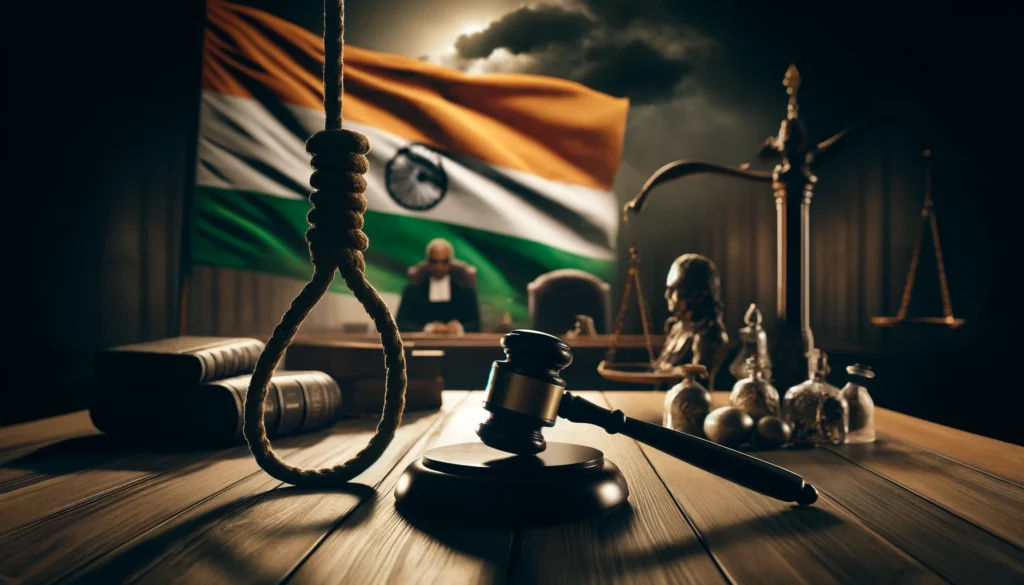Published on: 19th November 2025
Authored by: Mekala Ganesh Yadav
Mahatma Gandhi Law College
Introduction
Ghanshyam Soni Vs State (Govt. Of Nct Of Delhi) is a notable Supreme Court judgement for misusing Section 498A of the Indian Penal Code, which addresses the cruelty by husband or by his relatives. The case revolves around a complaint filed by a Delhi Police Officer against her husband and in-laws, alleging dowry related harassment. After initial discharge by the sessions court due to limitation and lack of prima facie evidence, the High Court reinstated the charges. The Supreme Court ultimately quashed the FIR and Chargesheet, invoking Article 142 to prevent judicial process abuse. The judgment discusses key principles related to limitation under the CRPC section 468, the nature of continuing offences, and the standards of evidence required in dowry harassment cases, especially when a wide range of allegations are made without proper proof.
Case Summary
Case title : Ghanshyam Soni Vs State ( Govt. Of Nct Of Delhi ) 2025 INSC 803
Citation: 2025 INSC 803
Court: Supreme Court Of India
Bench: Justice Satish Chandra Sharma and Justice B.V. Nagarathna
Date Of Judgement: 04 June, 2025
Relevant Statutes/Key Provisions
- Section 498A, 408, and 34 of the Indian Penal Code, 1860.
- Section 468, 473, and 482 of the Code of Criminal Procedure.
- Article 142 of the Constitution of India.
Brief Facts
- The appellant Ghanshyam Soni and complainant (Respondent No. 2) were married in 1998.
- Allegations of dowry demands and cruelty were made by the complainant against the appellant and his family.
- FIR No. 1098/2002 was filed on 19.12.2002 under IPC Sections 498A, 406, and 34.
- The trial court initially framed charges under 498A IPC, but the Sessions Court discharged the accused citing delay and lack of prima facie evidence.
- The High Court reversed this decision, reinstating charges.
- The appellant challenged the High Court’s judgment before the Supreme Court.
Issues Involved
- Whether the complaint filed was barred by limitation under Section 468 CrPC.
- Whether a prima facie case existed under Section 498A IPC.
- Whether the High Court rightly reversed the Sessions Court’s discharge order.
- Whether the case warranted quashing under Article 142 of the Constitution.
Arguments
Appellant’s Arguments:
- Complaint was filed after an inordinate delay of more than 3 years.
- The complainant was a trained police officer and capable of defending herself; false implication is possible.
- No medical or corroborative evidence to support allegations.
Respondent’s (Complainant’s) Arguments:
- Filing date of complaint (03.07.2002) is within 3 years from the last alleged incident (06.12.1999).
- Allegations of cruelty were continuing in nature.
- Being a police officer does not negate the possibility of being a victim.
Judgement
- The Supreme Court acknowledged the High Court’s view that being a police officer does not make the complainant immune to domestic cruelty.
- However, upon close scrutiny of the complaint and evidence, the Court found the allegations vague and unsubstantiated.
- The Court emphasized that courts should not encourage false implication of distant relatives in matrimonial disputes.
- FIR No. 1098/2002 and all proceedings arising from it were quashed under Article 142 in the interest of justice.
Ratio Decidendi
- A complaint filed within the limitation period (from the date of the alleged offence) is valid even if cognizance is taken later.
- Allegations must be specific, substantiated, and credible to sustain charges under Section 498A IPC.
- Misuse of criminal provisions in matrimonial disputes can justify quashing proceedings in the interest of justice.
Obiter Dicta
- Merely being a law enforcement officer (policewoman) does not disqualify one from being a victim of domestic abuse.
- Courts must guard against the misuse of legal provisions like Section 498A IPC by ensuring objective assessment of facts and materials.
Final Decision
- The Supreme Court quashed the FIR and chargesheet under Article 142 of the Constitution.
- Appeal allowed. Proceedings against Ghanshyam Soni and his family were set aside.




